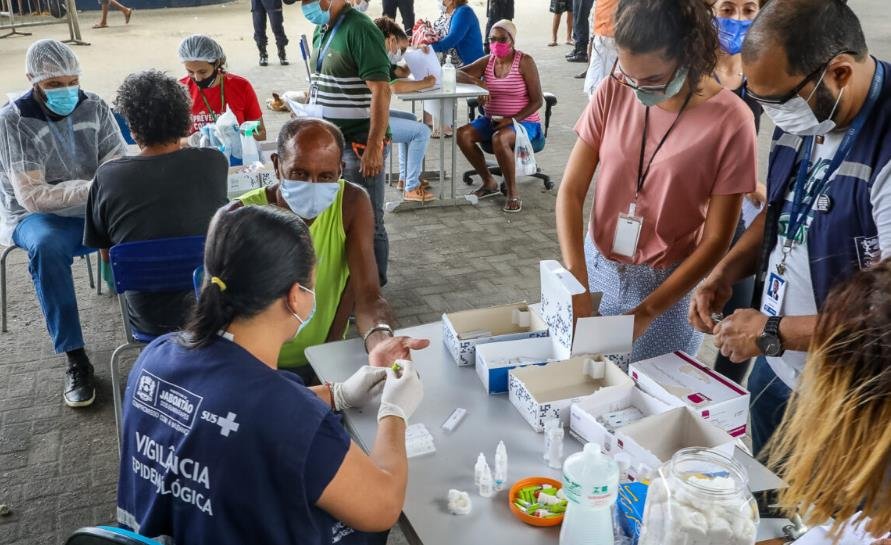The World Health Organization (WHO) has honored Egypt with a gratitude award for its outstanding efforts and achievements in combating the COVID-19 pandemic. The award was presented by the WHO Regional Director for the Eastern Mediterranean, Dr. Ahmed Al-Mandhari, to the Egyptian Minister of Health and Population, Dr. Hala Zayed, in a ceremony held in Cairo on Monday.
The gratitude award is a token of appreciation and recognition from the WHO to the countries and partners that have demonstrated exceptional leadership and resilience in responding to the COVID-19 pandemic, and have contributed to the global efforts to contain and mitigate the spread of the virus. The award also aims to encourage and inspire the recipients to continue their work and cooperation in the face of the ongoing challenges and uncertainties posed by the pandemic.

Dr. Al-Mandhari praised Egypt for its proactive and comprehensive approach to dealing with the pandemic, and for its support and solidarity with other countries in the region and beyond. He said that Egypt was one of the first countries to adopt and implement the WHO’s recommendations and guidelines, and to establish a national preparedness and response plan that covered all aspects of the health system and the society. He also said that Egypt was one of the first countries to launch a mass vaccination campaign, and to share its vaccines and medical supplies with other countries in need.
Dr. Zayed expressed her gratitude and appreciation to the WHO for the award, and for its continuous technical and financial assistance to Egypt throughout the pandemic. She said that the award was a reflection of the political will and the national vision of the Egyptian leadership, and the dedication and sacrifice of the Egyptian health workers and the people. She also said that the award was a motivation and a responsibility for Egypt to maintain its achievements and to overcome the remaining challenges.
A showcase of initiatives and innovations
The ceremony also featured a video presentation that showcased some of the initiatives and innovations that Egypt has introduced and implemented in its response to the pandemic, such as:
- The establishment of a unified medical emergency system that covers the whole country and provides free and timely services to the COVID-19 patients and suspects.
- The development of a digital platform that allows the citizens to register and book their vaccination appointments online, and to receive their vaccination certificates electronically.
- The production of the first Egyptian-made COVID-19 vaccine, named Sinovac-Egypt, in collaboration with the Chinese company Sinovac, and the plans to export the vaccine to other African and Arab countries.
- The creation of a national network of laboratories and research centers that conduct COVID-19 testing and analysis, and the participation in the global research and development efforts to find new treatments and vaccines for the virus.
- The provision of psychological and social support to the COVID-19 patients and their families, and to the health workers and the frontline staff, through various channels and programs.
- The implementation of awareness and education campaigns to inform and empower the public about the COVID-19 prevention and control measures, and to combat the misinformation and rumors about the virus and the vaccines.
A call for solidarity and vigilance
The ceremony also included a panel discussion that involved the representatives of the WHO, the Egyptian Ministry of Health and Population, and other stakeholders and partners, such as the Ministry of Foreign Affairs, the Ministry of Higher Education and Scientific Research, the Ministry of Communication and Information Technology, the Egyptian Medical Syndicate, the Egyptian Red Crescent, and the civil society organizations. The panelists discussed the lessons learned and the best practices from the Egyptian experience, and the future plans and priorities for the post-pandemic recovery and resilience.
The panelists also emphasized the importance of solidarity and cooperation among the countries and the international community, and the need to ensure equitable and fair access to the COVID-19 vaccines and other essential health services and products. They also stressed the importance of vigilance and adherence to the preventive measures and the health protocols, and the need to prepare for the possible emergence of new variants and waves of the virus.
